CNN —
As President Donald Trump conducted an impromptu news conference in Doha, Qatar, this month, surrounded by business leaders and top advisers, he made a point of singling out one person in particular.
Treasury Secretary Scott Bessent, seated six seats down from Trump at the large square of adjoining tables filled by top business executives and fellow Cabinet secretaries, had just scored a crucial win for the administration, securing an agreement to temporarily pause the escalating trade war between the US and China.
Bessent had flown straight from the trade talks in Geneva to the Middle East for Trump’s first major foreign trip, making a stop in Saudi Arabia before arriving in Doha with the president two days later, with soaring markets as a backdrop.
Trump’s view was unequivocal.
“We have a man here who has been unbelievable,” Trump gushed. “When he speaks, the markets really listen.”
Bessent, hewing tightly to his characteristically understated public posture, managed to crack a small grin before offering a carefully calibrated version of Trump’s grand pronouncements.
“We had a plan, we have process and now we have a mechanism with our Chinese counterparts to prevent an escalation again,” Bessent said. “We’re going to go into a series of negotiations, they’re going to be fulsome, and we have a lot to talk about.”
The impromptu split screen — Trump’s bravado immediately followed by Bessent’s cautious calibration — captured a dynamic on which the weight of the global economy now rests.
Bessent is in many ways the most important economic official in the world. He’s Trump’s chief negotiator with China, charged with defusing an all-out trade war that would rock the global economy. He’s helping lead talks with dozens of other countries looking to cut bilateral trade deals.
He’s also one of the lead negotiators on the president’s “big, beautiful bill,” a sweeping tax and spending package that still needs to survive the barest of GOP majorities in Congress.
All while as Treasury secretary, Bessent is tasked with nothing short of maintaining America’s dominant role as the backbone of the global financial system, ensuring the world continues to buy up increasing amounts of US debt.
Seemingly out of nowhere, Bessent has become everything to everyone in this high-stakes moment, according to more than two dozen lawmakers, administration officials, executives and diplomats who have worked with him over the last five months.
“We’re all putting a lot of faith in the secretary because he’s earned it,” one European diplomat said. “But I don’t think anyone can say for sure right now whether that’s because of what he brings to the table or in spite of the alternatives.”
Bessent is, for lack of a more bureaucratic title, the unquestioned alpha of Trump’s economic team, having won a series of internal power struggles to solidify that role. Last year, he prevailed over longtime Trump ally Howard Lutnick in a pitched battle to become Treasury secretary. This spring he came near blows with Elon Musk in a profanity-laced screaming match that unfolded through the hallways of the West Wing.
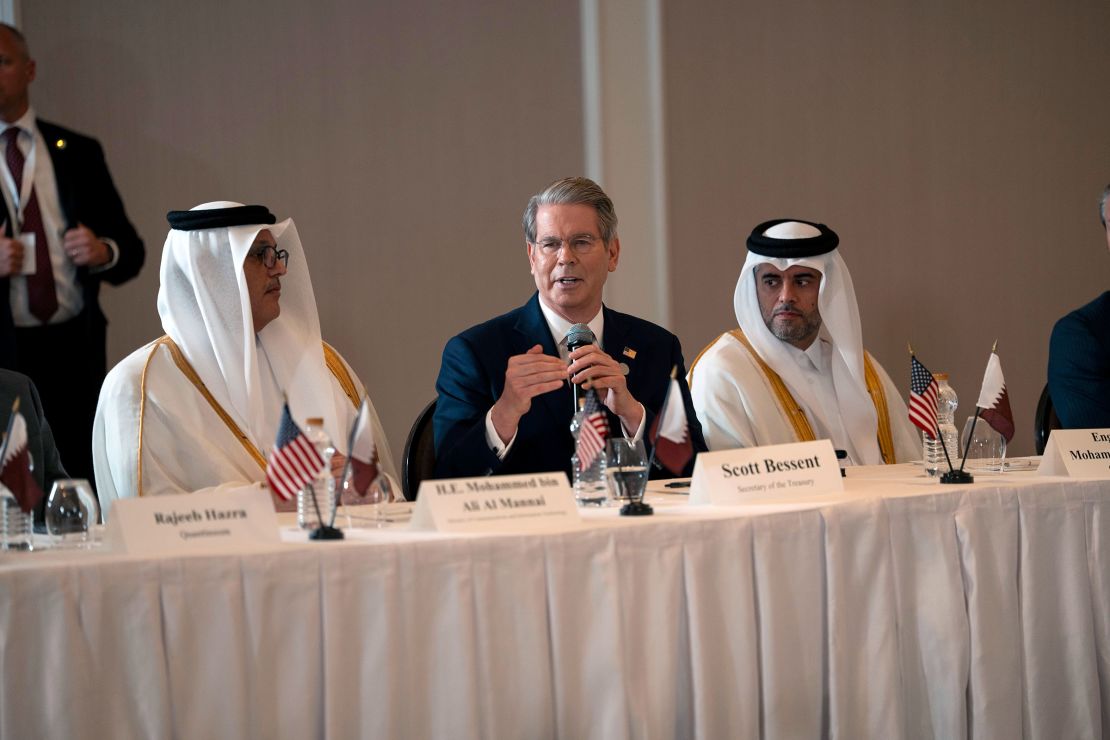
For a former George Soros acolyte, Democratic donor and voter, and a gay, South Carolinian, billionaire hedge fund manager with no government experience, Bessent’s journey into the heart of Trump’s second administration is on its face as unlikely as it is consequential.
He counts Steve Bannon as an unabashed supporter — and underappreciated sherpa in his methodical path into the MAGA universe.
At the same time, Wall Street views Bessent as the best — and perhaps only — hope to moderate Trump’s most hawkish trade and economic gut instincts.
“He’s the calm in an otherwise once-in-a-generation storm,” one top executive told CNN. “I don’t think anyone really knows if he can pull it off, but I think everyone has come to understand that he’s the best chance we’ve got.”
To prepare for his role of managing Trump’s trade war, Bessent made a point of reading a biography of America’s 25th president, William McKinley — Trump’s tariff idol of sorts — before entering the administration. Yet Bessent too appeared to have underestimated Trump’s zeal for tariffs, at least according a 2024 note to investors.
“We find it unlikely that across-the-board tariffs, as currently reported by the media, would be enacted at the same time as he moves to fix the immigration crisis,” Bessent wrote to Key Square Capital Management investors in January 2024. “The tariff gun will always be loaded and on the table but rarely discharged.”
Considering the chaos of the past few months, it’s a strangely apt metaphor. In the two weeks since Bessent successfully worked to secure Trump’s 90-day pause on the trade war with China, jitters have seeped back into the market. The price the US pays to borrow has continued to rise as Republicans work through a bill projected to add trillions to the country’s ballooning deficit.
The bill’s passage through the House early Thursday morning coincided with a continued sell-off in the bond markets, driving up US interest rates and leading one prominent lobbyist with major corporate clients to send CNN an unsolicited text:
“Where the hell is Bessent?”
Two days earlier, when asked what the administration could do to calm the bond markets, a senior administration official had quipped with a chuckle, “Find Bessent and get him on TV.”
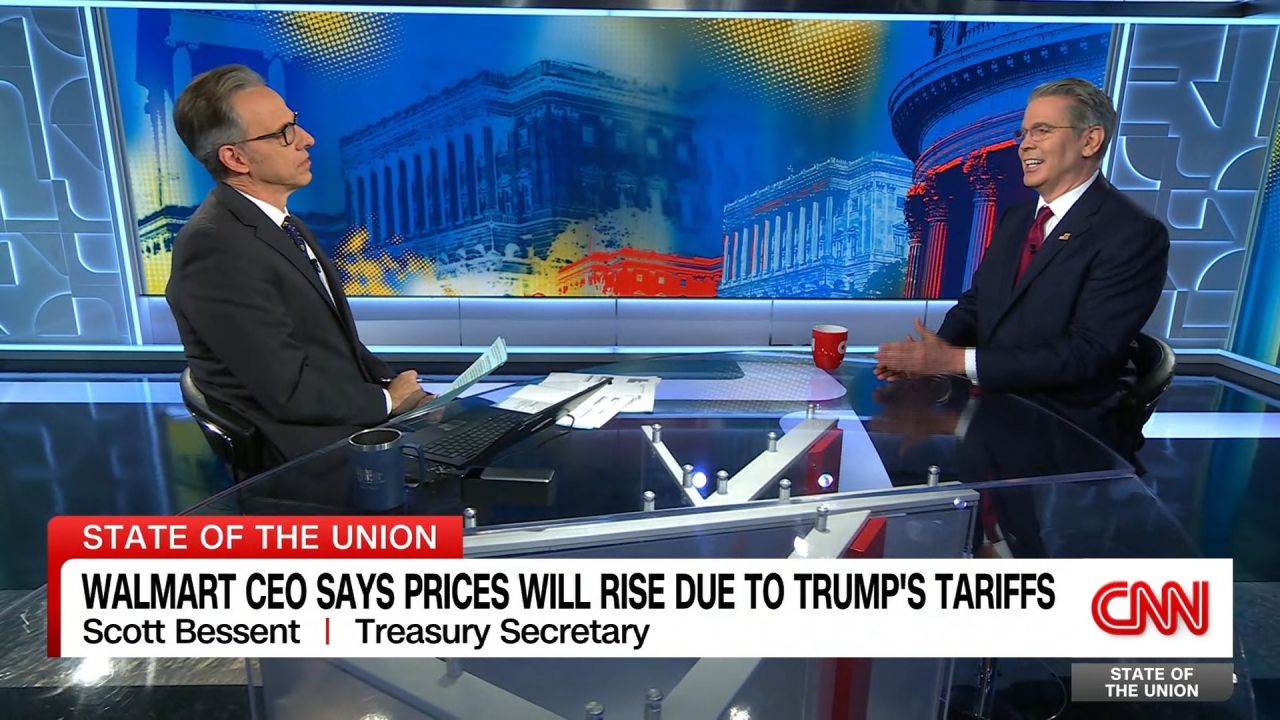
Bessent on added costs from tariffs: 'Some may get passed on to consumers'
02:23 - Source: CNN
Bessent on added costs from tariffs: 'Some may get passed on to consumers'
02:23
Bessent was away from the Oval Office and the cable news airwaves all last week while at a G7 finance ministers meeting in Canada.
“Honestly, he’s that singularly important that I’m only half kidding,” the official said.
Trump provided a fresh dose of chaos Friday morning, when he declared in social media posts that he was “recommending” a tariff of 50% on goods from the European Union and a 25% tariff on Apple iPhones.
Bessent wasn’t at the White House on Friday, or in Washington for that matter. Instead, he was in New York, where just 90 minutes later he was on a Fox News set for a live interview. He followed it up talking to a Wall Street audience in a Bloomberg TV appearance.
Before becoming Treasury secretary, Bessent was best known for taking part in one of the most famous trades in modern finance.
In 1992, Bessent, having just turned 30 and working for Soros’ hedge fund, helped the firm earn more than $1 billion in one day by successfully betting against the British pound. The move brought the Bank of England to its knees and had ramifications that rippled through the British political economy for years.
A decade earlier, Bessent was an undergraduate at Yale trying to decide on a career. He considered computer science, tried out art history and eventually landed on political science as his major. In between, he seriously considered journalism and made a push to become editor of the Yale Daily News, only to come up short.
“I kind of locked myself in my room for a month, and just went to class and the dining hall,” Bessent told the Yale Alumni Magazine in a 2015 interview. “The following semester, I thought, maybe I should consider doing something else going forward.”
That brought Bessent to the Yale Career Center, where another small-town Southerner who’d made the trek to the Northeast two decades prior was in search of an intern.
Jim Rogers (class of 1964) had already established himself as one of the preeminent — and relentlessly candid — money managers in the world. He introduced Bessent to the world of finance, which quickly had him hooked.
“I did the investment business, and I thought this is really what I like because it’s quantitative, so I had to use my quantitative skills,” Bessent said in March on “All-In,” a deeply influential podcast within the business corner of Trump’s political coalition hosted by a group of venture capitalists. “But you’re also constructing a narrative, and it’s also like human emotions.”
Fortune and a degree of fame (and some infamy) followed the 1992 trade, but the most important lesson for Bessent was the broader approach that would animate his more than three decades as a macro-investor, trading currencies, bonds, commodities, equities and some credit products.
“I got to travel around the world meeting leaders and trying to figure out what the next move was in policy,” Bessent said on the podcast.
By 2017, Bessent was looking to gain insight into the nascent Trump administration. He turned to Bannon, who’d just left his role as chief strategist in the chaotic opening months of Trump’s first term. Bessent wanted to understand, not just predict, Trump’s economic worldview that marked a sharp departure from traditional Republican orthodoxy.
Bessent connected with Bannon at the Credit Lyonnais investor conference in Hong Kong in an effort to better understand Trump’s economic strategy. It was certainly an unlikely pairing: The flame-throwing and controversial populist MAGA torchbearer and the Wall Street financier who’d hosted a 2000 fundraiser for Al Gore, donated to John Kerry and Barack Obama, and wrote a $25,000 check to the “Ready for Hillary” super PAC the month it launched in 2013.
But those familiar with Bessent’s political views, to the extent they were known, point out that he also distributed cash to Republicans throughout that same period — including Obama’s 2008 opponent, Republican Sen. John McCain.
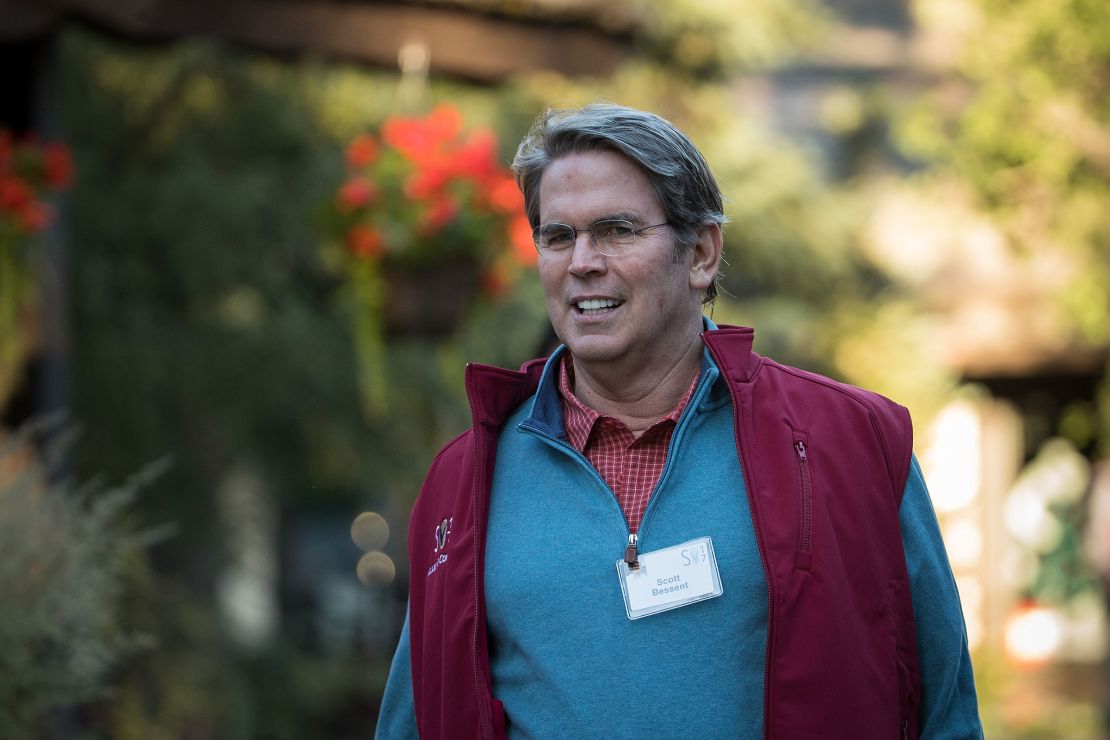
In other words, he pursued the same strategy many on Wall Street brought to politics — one oriented less on ideological or political loyalty and instead toward maintaining positive relationships and boosting candidates with finance-friendly voting records.
“It was less ideological and more business with him in general,” one donor with knowledge of Bessent’s strategy told CNN. “But the debt issue was very real, and I think the receipts bear that out.”
Those receipts, in the form of Federal Election Commission filings, show Bessent took a sharp turn toward funding Republicans — and only Republicans — during Obama’s years in office.
Bessent did not donate to Trump in the lead-up to the 2016 election. Instead, he directed most of his presidential campaign spending toward then-Ohio Gov. John Kasich, a noted deficit hawk.
Shortly after Trump’s win, however, Bessent gave $1 million to the president-elect’s inaugural committee. He stayed out of the 2020 election but has cited Joe Biden’s economic policies during his first year as president as the spark that drove him from political donor to political player.
Bannon became Bessent’s ideological navigator to Trump’s worldview, and, more importantly, a critical ally in a steadfast effort to ingratiate himself with Trump’s base long before it was clear the former president would run again.
Bessent made regular appearances on Bannon’s influential podcast, “War Room,” as did several other past and future players in Trump’s policymaking universe, including Office of Management and Budget Director Russell Vought and top trade adviser Peter Navarro.
Bessent didn’t immediately get behind Trump when the former president launched his third run. As difficult as it may be to remember now, hardly anyone in the business community was willing to make that commitment. But after initial donations to the Republican primary campaigns of Sen. Tim Scott of South Carolina and Florida Gov. Ron DeSantis, Bessent made his early call on Trump.
The money and meetings flowed from that point — and the steady effort to win over friends and allies within the MAGA movement was turbocharged by Bessent’s willingness to commit long before most of the finance world.
Bessent wasn’t just a validator in their eyes. He was a believer — and a critical missing piece in Trump’s path ahead.

For all of Bannon’s fire and brimstone invective toward Wall Street, the former Goldman Sachs banker has always maintained a deep respect and appreciation for the all-powerful bond market.
For Bannon, Bessent represented a critical player in the management of that world.
“Scott is a safe pair of hands that understands capital markets deeply. He’s done this for 30 years,” Bannon said earlier this year during an interview with Semafor.
When the Bessent-led talks with Chinese officials in Geneva led to the first tangible de-escalation in the tariff tit for tat, it was Bannon — an unequivocal China hawk — who proactively defended his friend against any potential criticism from fellow hardliners.
“I know for many of the hawks — people on our side that want total decoupling — it’s not a 100% victory, but that’s fine,” Bannon said. “It’s a process and this shows serious engagement. Scott Bessant, very, very serious, tremendous move on this, and they’re going to hammer away.”
Despite Bessent’s newcomer status in Trump’s political universe, he’s no stranger to the Trump family. Bessent has talked publicly about his friendship with Trump’s late brother Robert Trump, which was how he formed a decades-long relationship with Blaine Trump, the president’s former sister-in-law who is the godmother to Bessent’s daughter.
The two served on the board of a charitable organization created to deliver meals to people with AIDS, one of the many LGBTQ causes Bessent has championed over the years.
“If you had told me in 1984, when we graduated, and people were dying of AIDS, that 30 years later I’d be legally married and we would have two children via surrogacy, I wouldn’t have believed you,” Bessent said in his 2015 Yale Alumni Magazine interview.
Bessent has closely guarded his private life. While his globe-trotting business career has led to close friendships with people like King Charles, he doesn’t often make his charitable causes, sexuality or family a focal point.
But asked on the “All-In” podcast to share a moment that captured the surreal nature of his current role, Bessent referenced an Inauguration Day episode in the Oval Office with his family.
“We’re sitting in the Oval, so myself, my 11-year-old daughter, my spouse, 15-year-old son, President Trump’s having a great conversation with him,” Bessent recounted. “And then he said, ‘Oh, Scott, while you’re here, let me call in these other two people and we need to discuss this.’ So they actually got to see government being done live.”
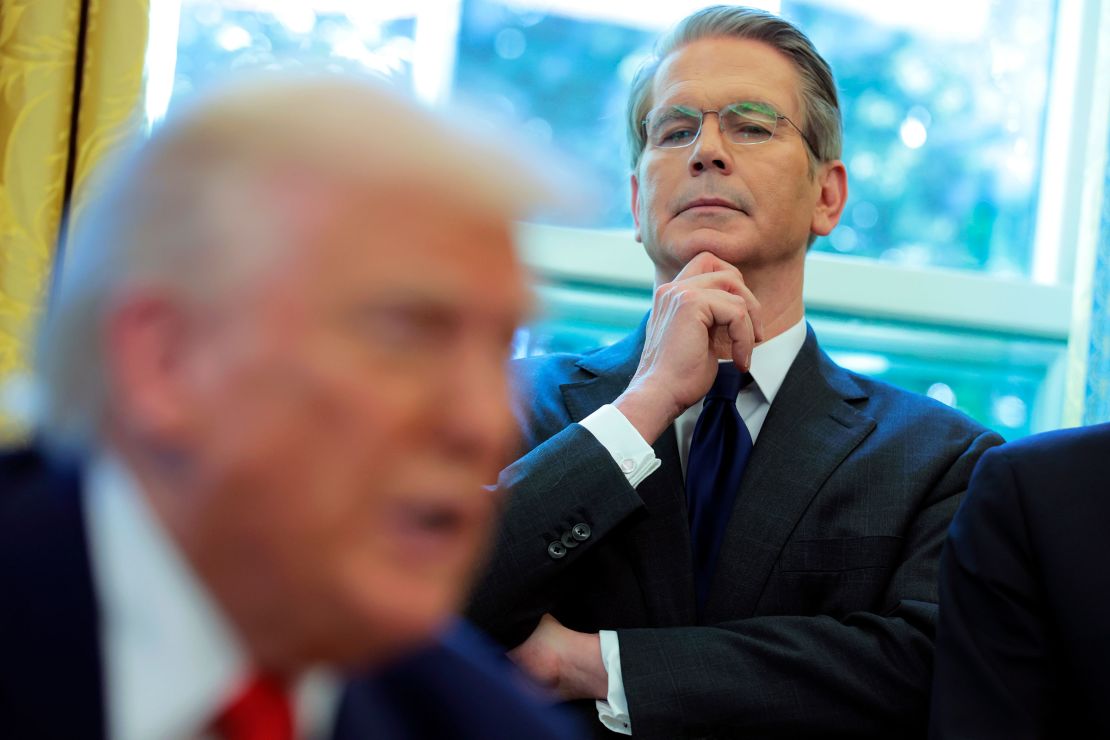
The moment capped an 18-month journey for Bessent that began with a political call tethered to the market strategies he tapped throughout his finance career.
“I made the judgment in spring of ’23 that Donald Trump was going to win the nomination and become the next president of the United States,” Bessent said in an interview with journalist Mark Halperin the week before Election Day.
That judgment echoed an investment analysis of stocks that go up on bad news. Trump, who had just entered a period consumed by indictments, mug shots and legal battles, was the political stock that simply kept going up.
Bessent makes a point of keeping his conversations with Trump private, but there is a through line between his first Mar-a-Lago meeting with Trump in 2023 and his role inside the administration.
In Bessent’s telling, it was his view of the unsustainable nature of the US debt that sparked his decision to travel to the South Florida estate and offer to help Trump’s campaign.
“He said, ‘Scott, how are we going to get these debt and deficits down without causing a recession?’” Bessent said on the podcast.
Bessent first responded with the fact the government’s soaring debts didn’t happen overnight and rapidly accelerated long before Trump’s entrance into politics. Then he outlined a calibrated path ahead.
“We’re going to set a goal by 2028. We want to get back to the long-term average. We’re going to deflate it slowly,” Bessent recalled telling Trump.
The meeting, by all accounts, went well, and the two remained in close contact on economic issues for the remainder of the campaign. Bessent served as Trump’s most visible Wall Street validator in the media and even hit the campaign trail on his behalf.
After Trump’s victory, Bessent was a constant presence at Mar-a-Lago as the president-elect mapped out the personnel and policy of his second administration, people familiar with the matter said.
Bessent’s position as the Trump administration’s steady hand — or at least the perception of it — has grown in importance in the months since the president stunned markets with the sheer scale and severity of his tariff measures.
The Treasury secretary’s role goes beyond his ability to effectively message the administration’s strategy to calm markets. He’s also deeply involved in shaping Trump’s policies — such as the decision to hit pause on across-the-board tariffs for 90 days.
Bessent’s fixation with the benchmark 10-year Treasury yield is so prevalent in his public statements that it’s notable when he doesn’t bring it up unsolicited.
Inside the Treasury Department, a disorienting April jump in those yields served as an unsettling warning sign, which Bessent brought directly to Trump ahead of the president’s decision to pause the imposition of the most draconian and sweeping tariff rates.
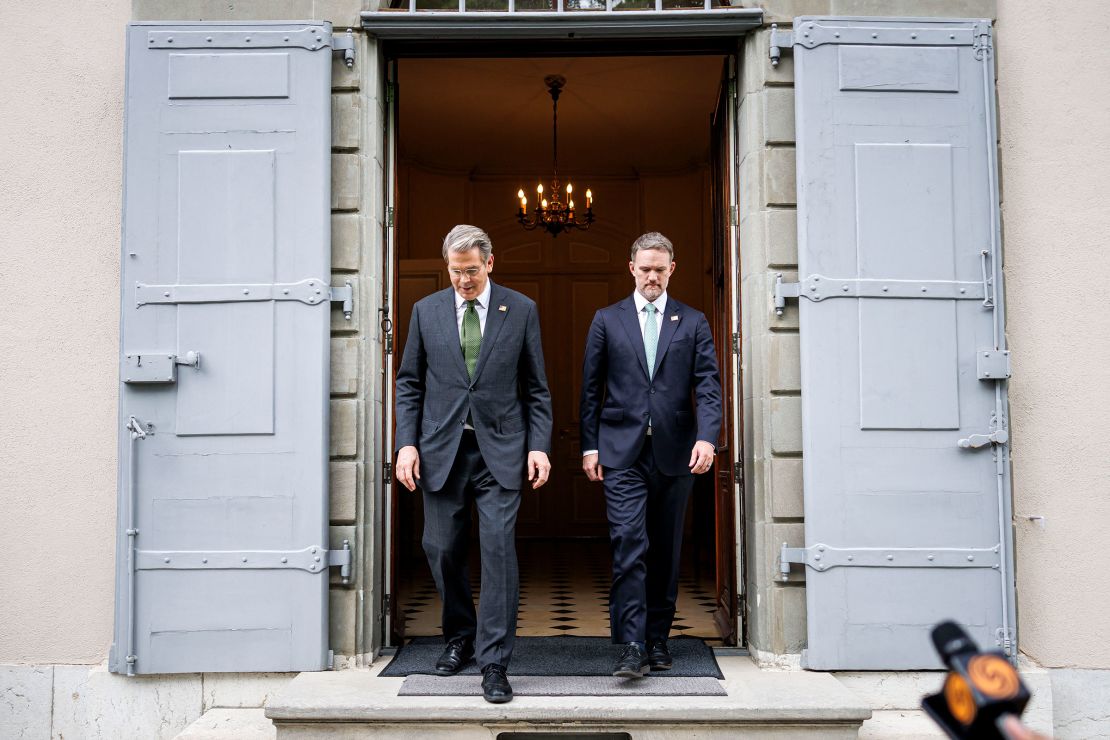
Trump, in the weeks since, has denied the bond market drove the decision. Bessent demurred on the overall effect of the jump in yields, claiming the pause was all part of a grand plan.
But Trump made clear he was aware of what was happening in the lead-up to his decision, noting in his penchant for off-message candor that the bond market had been “getting yippy.”
Bessent, in an off-the-cuff quip at a finance conference earlier this month, offered a brief window into the bond market’s ability to influence Trump’s thinking.
“I got this app on my phone that anytime the US government prices change by more than 2% in two hours, off my phone goes,” Michael Milken told Bessent as he moderated a discussion between the two.
“Please don’t share that with the president,” Bessent said to laughter from the audience.
Bessent’s appearance at the Milken Institute Global Conference in Los Angeles demonstrated what has lately been a critical piece of his role: convincing everyone — investors, foreign leaders, lawmakers — that the administration has an actual plan.
“The primary components of the Trump economic agenda — trade, tax cuts and deregulation — are not stand-alone policies,” Bessent said at the conference. “They are interlocking parts of an engine designed to drive long-term investment in the American economy.”
Difficult as it may be for outside observers to discern any semblance of a plan amid what has been an unrelenting, market-rattling, tariff roller coaster, Trump’s economic advisers stress that they’ve had one all along. They note, quite accurately, that it has never been secret, with its core pillars set into motion as soon as they entered the administration on January 20.
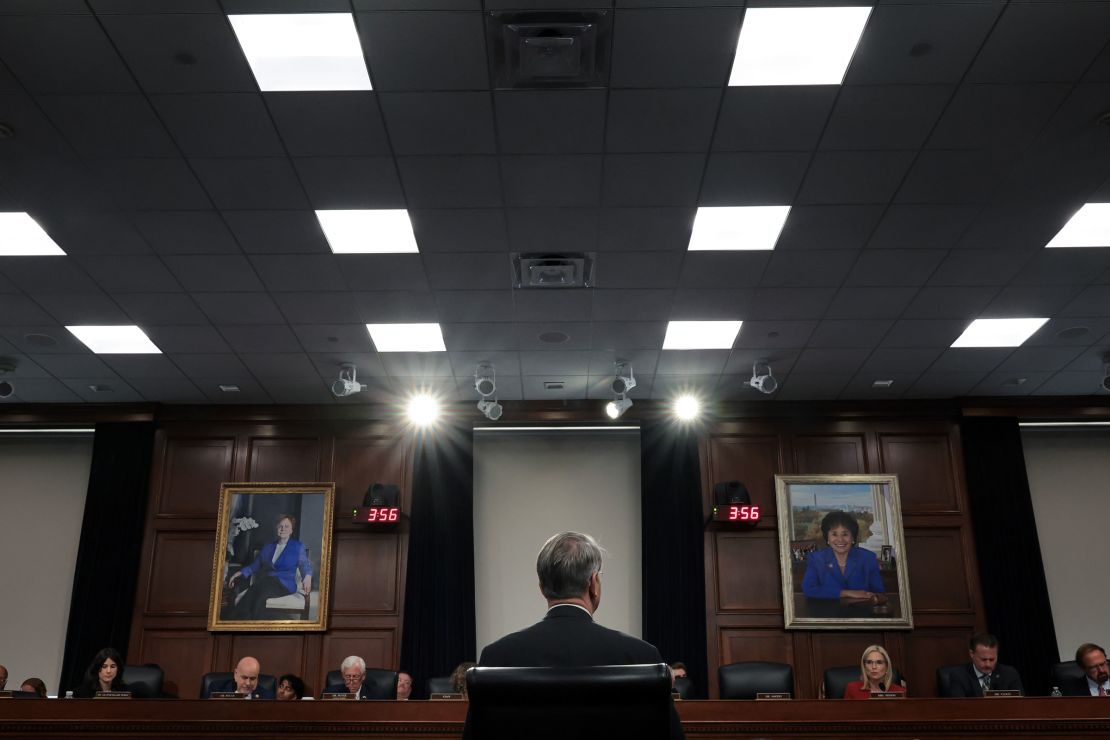
Talk to Trump’s economic advisers long enough though, and their exasperation with the all-consuming focus on tariffs is palpable, even if they insist on ignoring the singular role their boss has played in driving that reality. But their underlying point is critical to understand as the White House confronts a tenuous moment.
The agenda is designed through an interlocking mix of tax and regulatory incentives that pairs with the intended disruption — and outright pain — tariffs would level on corporations and their entrenched production and supply chains.
Tariffs, even in their market-rattling scale, were always designed to fit into that broader framework, which tracked off Trump’s first-term focus on tax cuts and deregulation.
It’s a message that Bessent has spent significant time trying to convey.
“Critics of the Trump economic agenda attack individual policies in isolation,” Bessent wrote in The Wall Street Journal earlier this month. “This cherry-picking tactic ignores how these policies are interconnected.”
But Bessent’s analysis conveniently — and intentionally — ignores a vulnerability that has grown more acute as the consumer-driven US economy sits in a state of paralysis that Wall Street increasingly forecasts will spiral into recession.
That’s because Trump’s beloved, if economically disputed, insistence he can spark a tariff-driven manufacturing renaissance requires business-side tax cuts and incentives. The unprecedented deregulatory blitz is designed to work in tandem with those tax policies to facilitate the most hospitable of investment climates.
The sweeping deregulation on the energy sector is an explicit effort to ease prices at the same time individual tax cuts would provide more breathing room for households. That, in turn, would have the effect of offsetting any tariff-driven price increases that came to fruition.
That creates a high-stakes, and extremely delicate, balancing act almost by design.
Lose the tax incentives or deregulation and there would be nothing to spur businesses to undertake the planning, investment and reshoring triggered by draconian import taxes. Plunge US consumers into a high price, low-growth economic environment and political support — not to mention the Republican congressional majorities — could disintegrate.
To borrow Bessent’s oft-used metaphor of the administration’s “three-legged stool of economic policy,” if any one element comes up short, the whole thing collapses.
Ken Griffin, the billionaire CEO of Citadel and Trump megadonor, made clear at the Milken conference he’d heard Bessent’s message and understood the administration’s conceptual goals. But he didn’t hedge about his confidence — or lack thereof — in the execution.
“It’s going to come down to how high will tariffs be in the end, how deep will the tax cuts be in the end and, bluntly, how much can we deregulate the economy,” Griffin said in a CNBC interview on the sidelines of the conference. “All three of these are really big unknown wildcards at this point in time.”





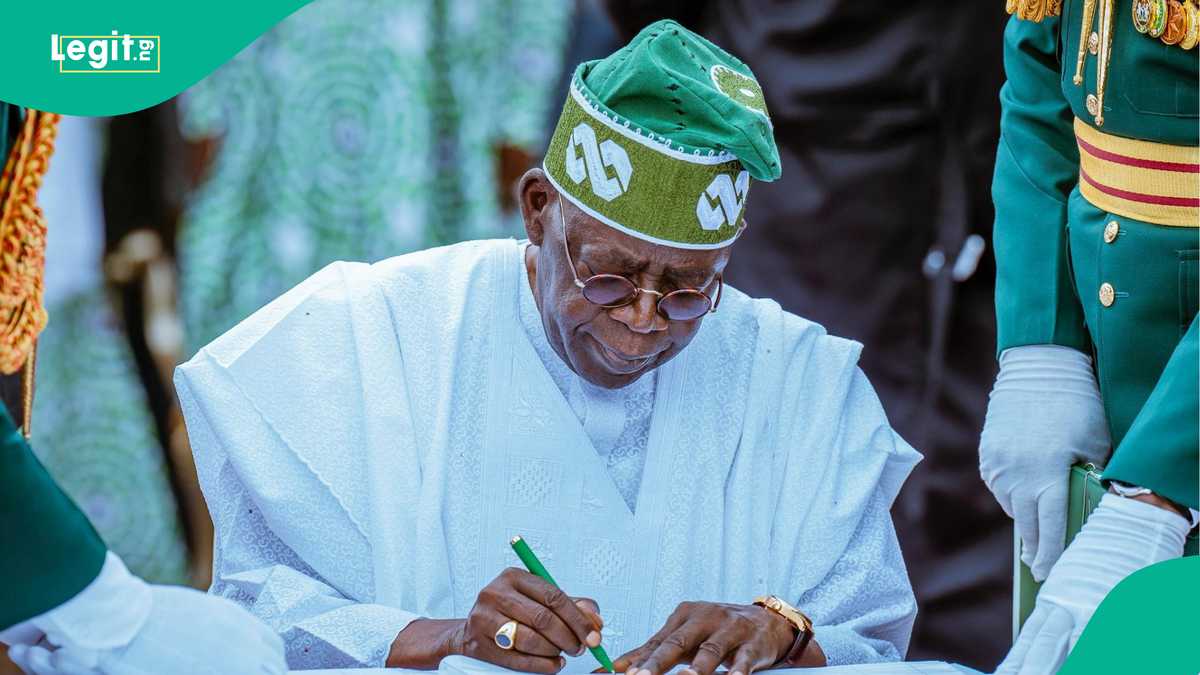





:max_bytes(150000):strip_icc():focal(903x750:905x752)/Freddie-Mercury-1975-052425-a23a8bef7a654b1eba0e3037bb92393e.jpg)